Mayor of the moment
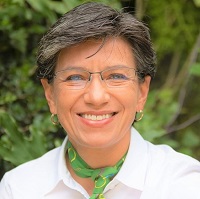
Claudia López Bogotá
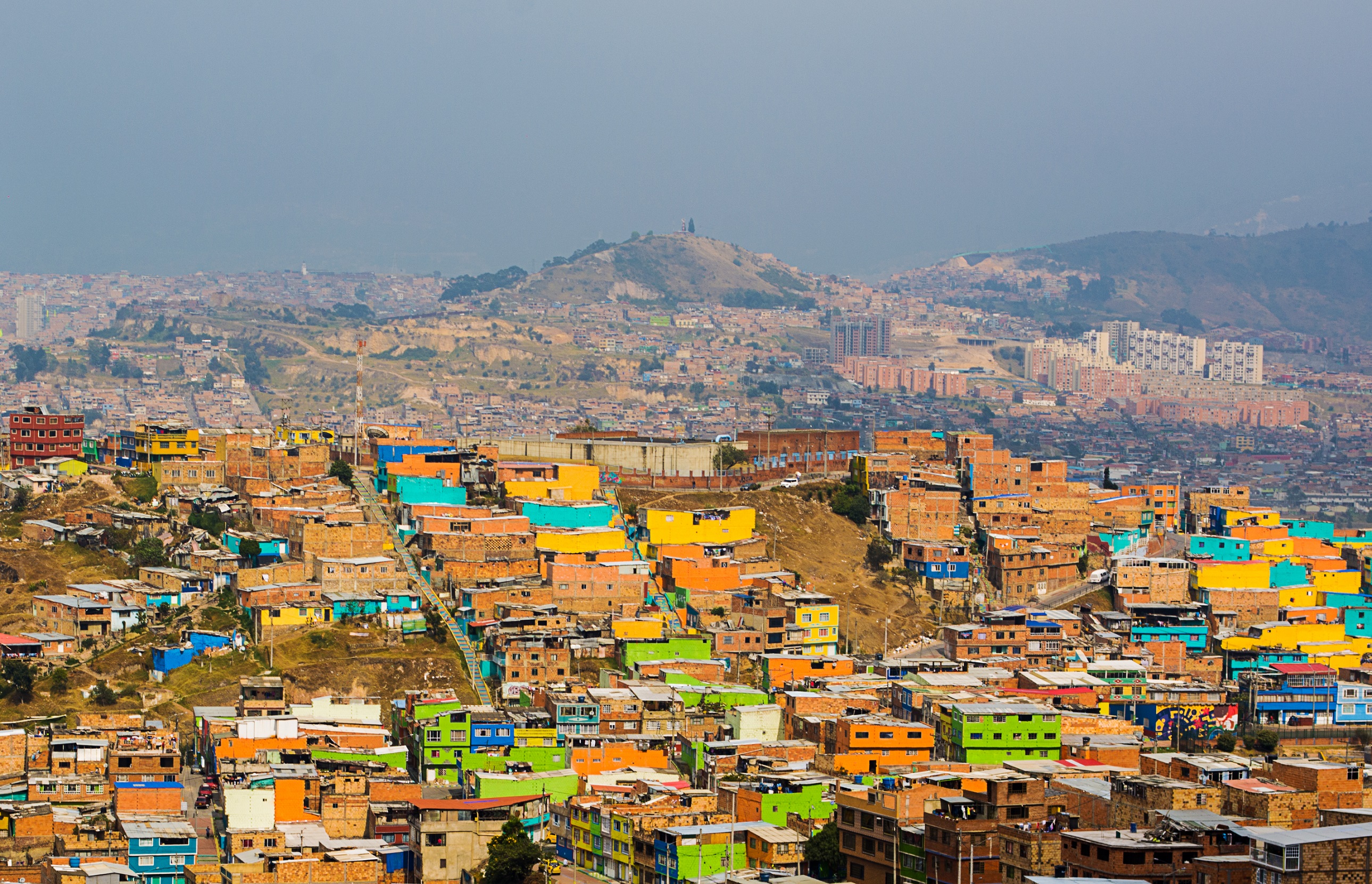
As Bogotá’s first elected female mayor you have championed gender equality with initiatives targeting the disproportionate burden of care placed on women and aiming to improve the safety of women. Can you tell us more about the actions you’ve taken to improve equality for women in the city?
Throughout life, we have all received care. Women’s unpaid work has made progress possible. However, this has been done at the cost of the personal development and life projects of millions of people. In Bogotá, 1.2 million women dedicate most of their time to unpaid care work. 90% of them live in poverty. We set out to transform this reality through an unprecedented series of measures. Bogotá is the first city in Latin America with 15 Care Blocks in operation, providing services to support female caregivers and their families. The Care Blocks provide services for the care needs of women and the most vulnerable populations and serve 600.000 women with more than 300.000 services. In these spaces, located within walking distance, they can study, train, access employment and entrepreneurship opportunities, receive health advice, access psychosocial and legal care, relax and have greater autonomy and freedom. In this way we promote personal development, self-care, well-being, income generation and participation. Meanwhile, the people they care for, the vast majority of them children, people with disabilities and the elderly, can enjoy activities to develop skills and promote their autonomy. Additionally, the System is promoting a profound cultural transformation regarding the distribution of care work in homes and society. By the end of 2023, Bogotá will have 21 Care Blocks and we will have transformed the lives of close to half a million women. With an investment of more than USD 630 million, we created a long-term policy that is going to reach more than 60 percent of the city’s population. Thanks to the services of the Care Blocks, the support for entrepreneurship and the policies that we have created to promote public employment – both in public works and in social services – Bogotá currently has the smallest labor gap between men and women, of all its history.
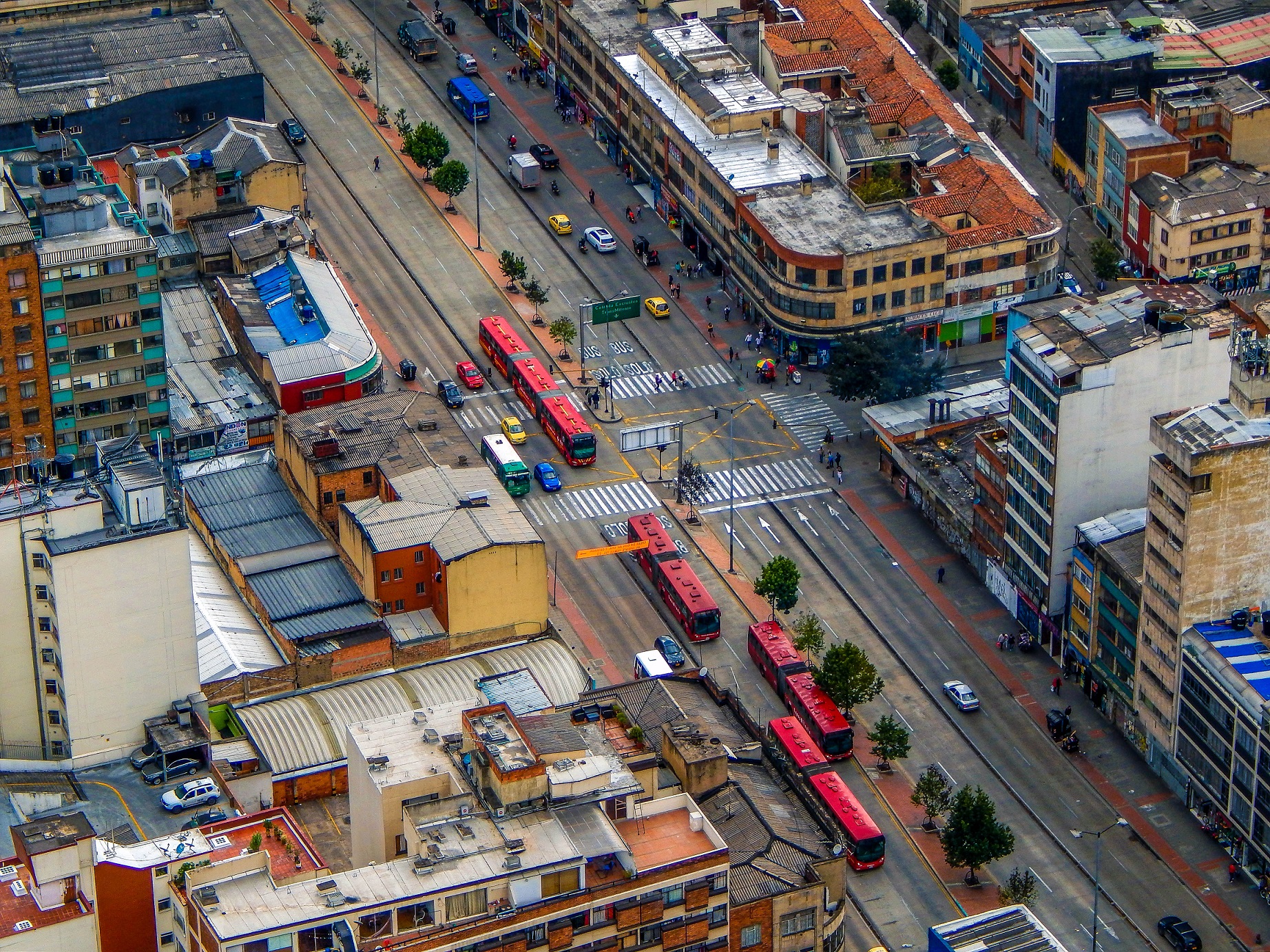
In June 2022 Bogotá received the One City Planet Challenge Award, granted by the World Wildlife Fund (WWF) in recognition of efforts to reduce emissions and migrate to renewable energies. Can you tell us more about your climate initiatives, and how you are ensuring that tackling climate change benefits all residents?
Social and environmental sustainability, and adaptation to climate change are two central pillars of our administration. In terms of mobility, the first line of the Bogotá Metro is being built, and we expect to award the contract for the construction of the second line this year, which will serve 2.5 million people. The execution of this project – which is a necessity of the first order in the city – means leaving behind decades of political fights that delayed the development of the city, and a fundamental change in the transport system, since it will be the electric subway and not diesel buses as the backbone of public transportation in Bogotá. We continue to consolidate Bogotá as the world capital of biking, with more than 880,000 daily trips. We are making progress in the construction of infrastructure (we have 600 km of permanent bike paths) and in the development of projects such as the Public Bicycle System with 300 stations and 3,300 bicycles, half of them electric. We are supporting these actions for sustainability with immediate actions, and medium and long-term plans to guarantee adaptation to climate change. We issued the District Public Policy on Climate Change and the Climate Action Plan 2020 – 2050, aligned with the Master Plan and the Sustainable Mobility Plan. In terms of emission reduction, we will reach 15% in 2024 and 50% by 2030. Bogotá will be carbon neutral by 2050. Last year we launched a fleet of 1,485 electric buses. We issued a new Master Plan that expands the city’s Main Ecological Structure by 30%, protecting and expanding wetland areas. The city is improving air quality, with significant reductions in particulate matter and, by the end of 2023, we will plant more than 800,000 new trees.
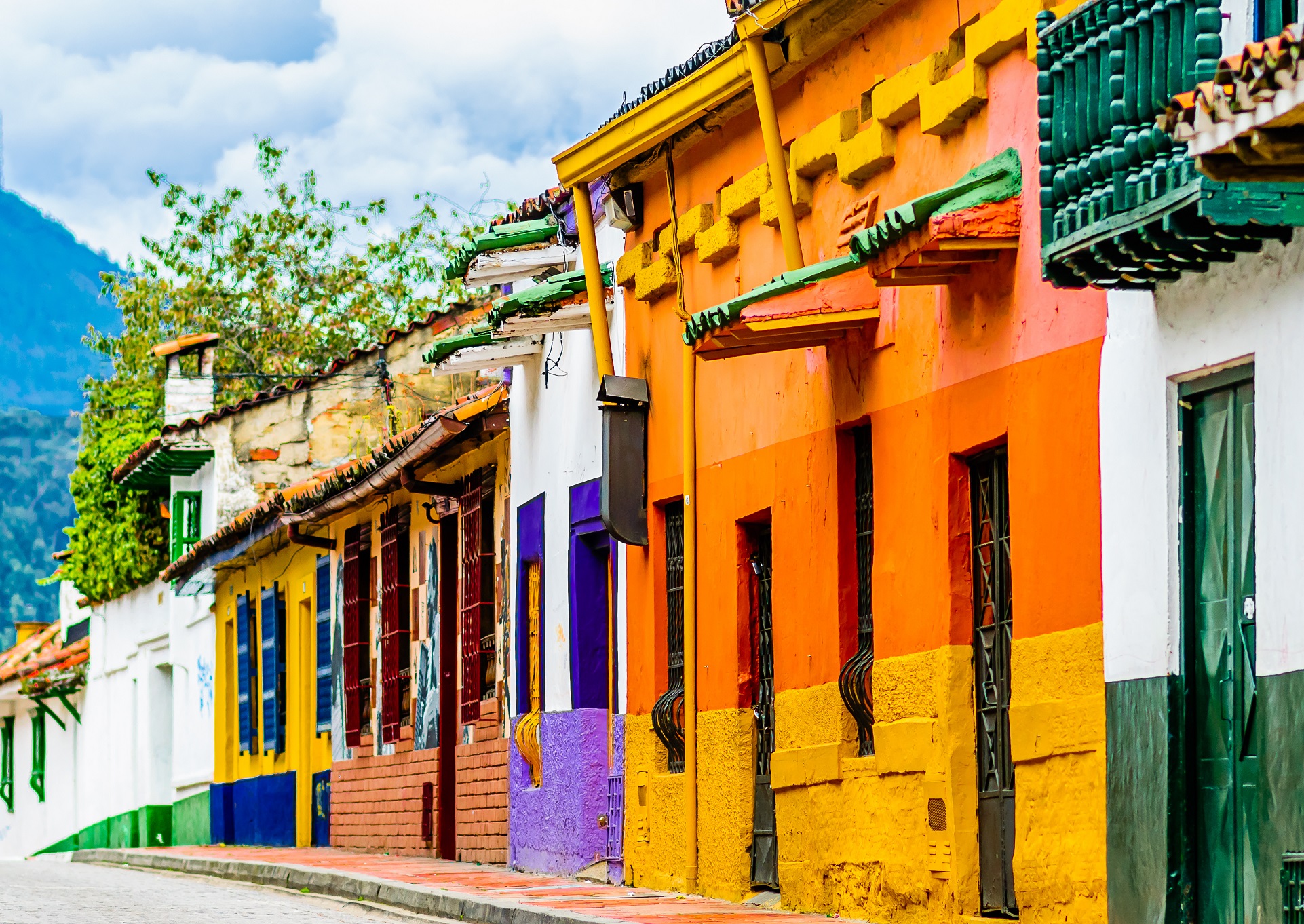
To support migrants in Bogotá you’ve established a ‘Nutrition Reception Center for Migrant and Refugee Children and Mothers’, ensuring food security for vulnerable migrant populations, with a focus on mothers and children. Can you tell us more about how you plan to make food systems more sustainable, and how this will help vulnerable groups?
After Lima, Bogotá is the city with the highest number of Venezuelan migrants. We have welcomed more than half a million new Bogotanos. For this reason, we don’t talk only about a migration and humanitarian strategy, but about reception, economic and social inclusion and development. We have developed a public policy about including those who come to the city. It is a model that will endure over time. This work has been recognised by the US Secretary of State, Antony Blinken, as a successful hemispheric model for the integration of migrants. In addition to documentation, social and health care, and employment opportunities, food security is one of the key points of the strategy. At the city level, work for food security has been key to facing the consequences of COVID-19. Bogotá has already recovered the jobs lost due to the pandemic and the city’s GDP is growing above the national level. Poverty rates also continue to decline. Along the same lines, we are implementing Zero Hunger programs so that more than 300,000 vulnerable people can have access to food, employment and social services without discrimination. Food security is a strategic dimension of development. 40% of the food consumed in Bogotá comes from the region surrounding the city. For this reason, we are promoting the Regional Marketing Agency, which increases payments to farmers and meets the demand for food in the city.
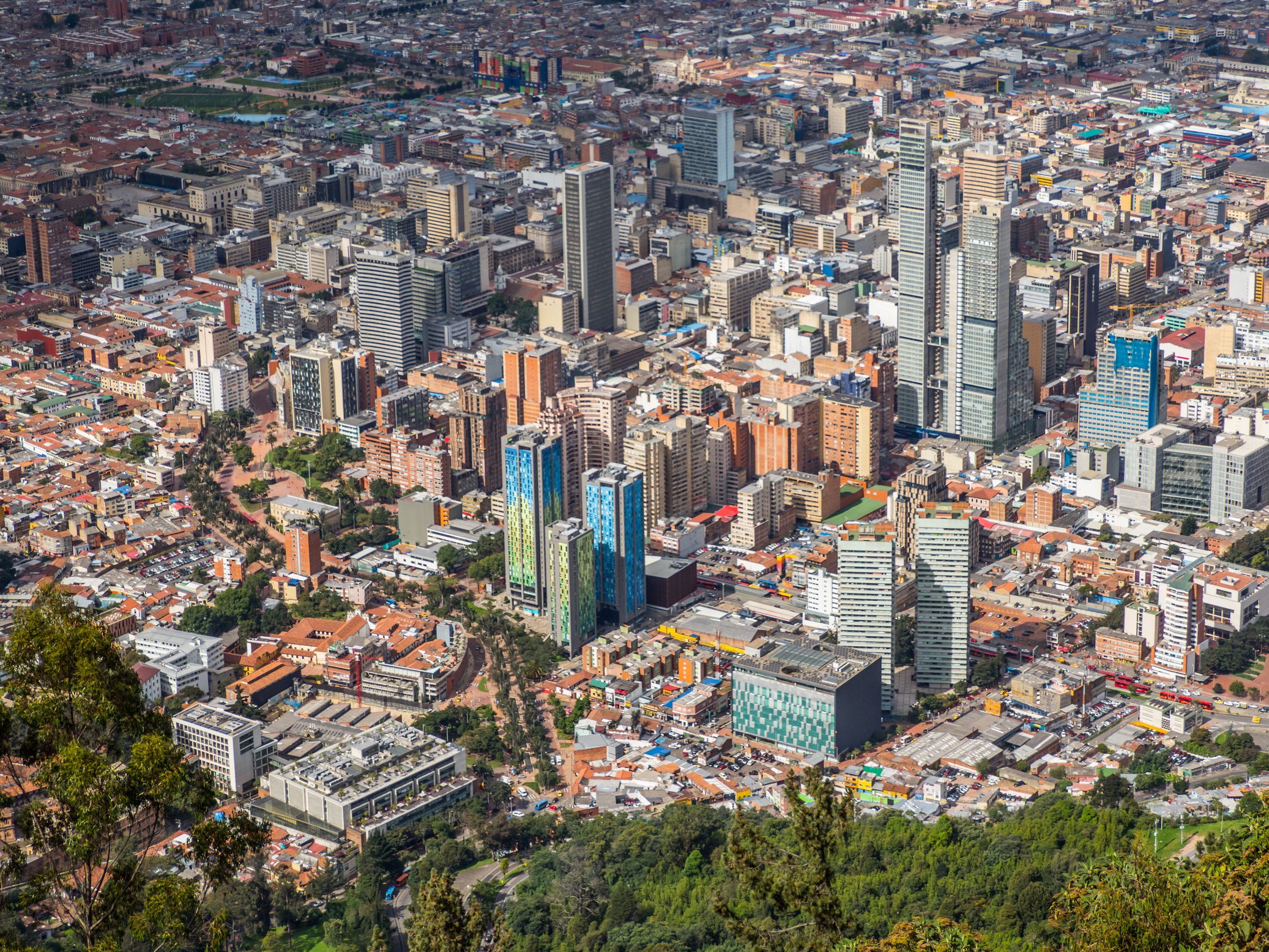
Following the 2021 pledge by OECD Champion Mayors to empower youth and deliver inclusive economic growth in COVID-19 recoveries, how have you facilitated opportunities for young people as part of Bogotá’s COVID-19 recovery?
Young people are at the centre of the new social contract that we are materialising in Bogotá. We understand that the youth of Bogotá have different needs, expectations and life projects. For this reason, we have various lines of work, with the aim of providing them with the best care and our full support. We are building 54 new schools and improving the infrastructure of all the existing public schools in the city, roughly 700 interventions. We have also provided more than 100,000 tablets and internet connections for those students that cannot afford connectivity. We are supporting those pursuing university education, by providing 26,000 scholarships. We are also providing 20,000 places for short-cycle training. This is something that had not been done before in the city. Nearly 18,000 young people are taking part in the Parceros program, an initiative enabling young people in a vulnerable situation, aged 18-28, to work part time and study the other half, while guiding their life project. We have also set up Youth Councils to give young people greater representation in decision-making. In addition, with Youth Employment we have managed to open the doors of working life to more than 12,000 young people without experience, through the payroll subsidy for the companies that hire them.

